When a patient recovers from novel coronavirus infection and experiences residual symptoms, Post Covid Physiotherapy plays a vital role to minimize the impact of COVID-19 on the body functions and health of the individual. It is also crucial in facilitating early discharge, support the patient, and improve his physical and psychological abilities.
Manifestations of Long COVID 19:
- Effects on Respiratory system:
- Lung fibrosis: It scars the patient’s lungs and the patient may suffer from shortness of breath, weight loss, and fatigue.
- Pulmonary artery hypertension: It results in high blood pressure in the patient’s lungs resulting due to obstruction in the lungs’ small arteries. It may cause chest pressure, dizziness, and shortness of breath.
- Pulmonary embolism: Blockage in one of the pulmonary arteries of your lungs due to blood clots that traverse to the lungs from deep veins in the legs, you may suffer from a pulmonary embolism. It may cause cough, chest pain, and shortness of breath.
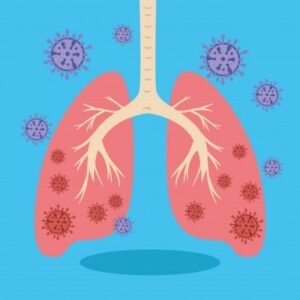
- Effects on Cardiovascular system:
- Palpitation: It makes you suffer from a discomforting pounding sensation in the chest.
- Myocarditis: It is inflammation of the heart muscle that reduces the ability to pump resulting in abnormal heart rhythms.
- Cardiomyopathy: Heart fails to pump blood to the rest of the parts of your body causing swollen feet and legs, breathlessness, and a bloated abdomen.
- Cardiac failure: When heart muscle fails to pump blood normally, it is called cardiac or congestive heart failure.
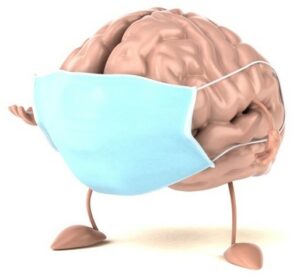
- Effects on the Nervous system:
- Loss of ability to sense smell and taste.
- Short-term memory loss
- Reduced attention span
- Poor quality of sleep
- Cognitive impairment
- Cognitive blunting
- Stroke syndromes: A set of symptoms that enable you to identify which area of the brain is injured due to a stroke.
- More severe and rare neurological complications include brain inflammation, delirium, strokes, and nerve damage.
- Effects of COVID on Mental health:
- Anxiety
- Depression
- Irritability
- Reduced consciousness
- Post-traumatic stress disorder that causes nightmares, severe anxiety, and flashbacks.
- Sleep disturbance
- Effects of COVID on Musculoskeletal and others
- Chronic fatigue syndrome
- Polyarthritis
- Myalgia
- Excessive fatigability
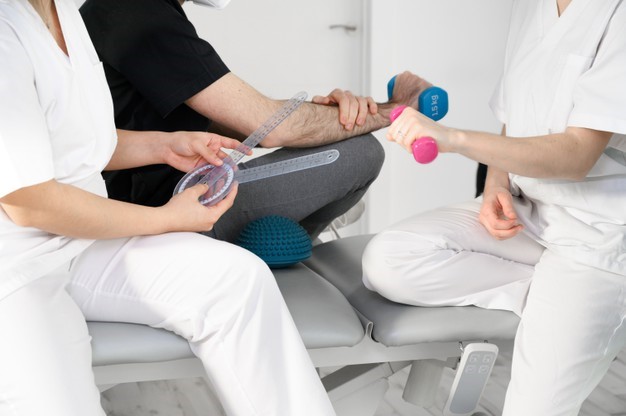
Importance of Physiotherapy Post Covid or Post Covid Rehabilitation
- Improve exercise tolerance with a clinically important amount in post-acute Covid infection.
- Reduce number of hospital re-admissions
- Help return to your full potential physically and help you return to work and daily activities by managing fatigue and muscle pain.
- Improved respiratory muscle function and relieve dyspnea/breathlessness
- Enhance skeletal muscle function of upper and lower limbs.
- Teach appropriate techniques to manage fatigue and be functional and independent while performing daily activities.
- Especially for older patients with diabetes, hypertension, recovering from pneumonia etc. physiotherapy serves as a solution to improve – lung function, recondition, improve endurance, balance and participate in their social environment.
Exercises for Early Mobilization.
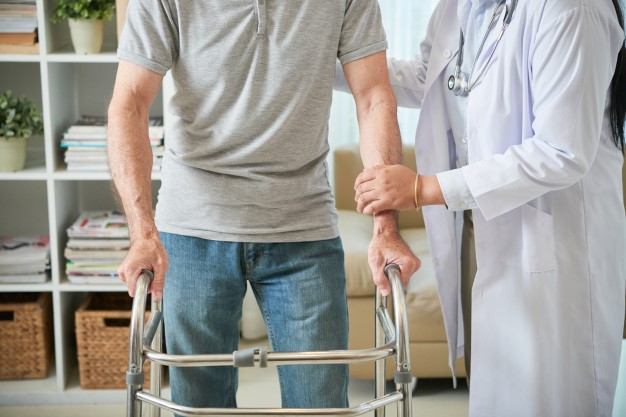
- Bedside mobility
- Frequent posture changes
- Sit to stand movements
- Active Daily Living exercises
a. Under the guidance of expert physiotherapists, the patients may perform active limb exercises and progress to practice progressive muscle strengthening exercises for six weeks.
b. Simple aerobic exercises, such as walking, cycling, stair climbing can be started gradually
c. Intensity and duration can be gradually increased to 20 to 30 minutes.
Respiratory Physiotherapy in post-COVID rehab
- 1 Deep breathing Exercises.
- Pursed lip breathing.
- Breath holding techniques.
- Lung expansion exercises.
Along with Physiotherapy, one should also take good care of your lifestyle and diet. a. Have a continuous sleep at night for 7 hours b. Avoid having alcohol as it reduces your sleep. c. Follow a healthy and balanced diet. d. Do exercises as recommended by Physiotherapist e. Reduce caffeine intake post noon. f. Engage in positive communication with your friends and family when in home or hospital isolation.
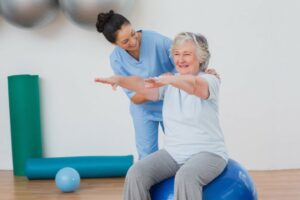
(With expert inputs and contribution from Dr. Shruti Barve, Physiotherapy Lead for Jyeshtha Care).

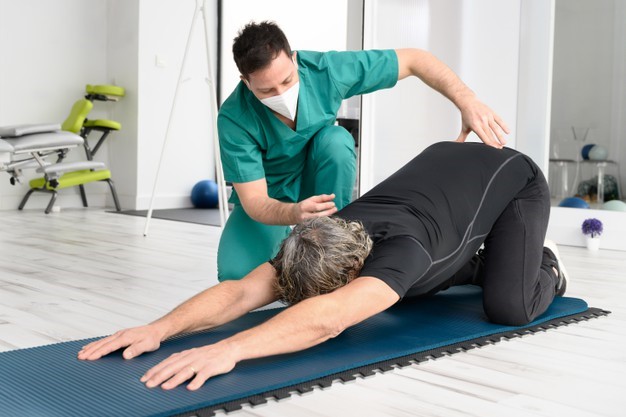






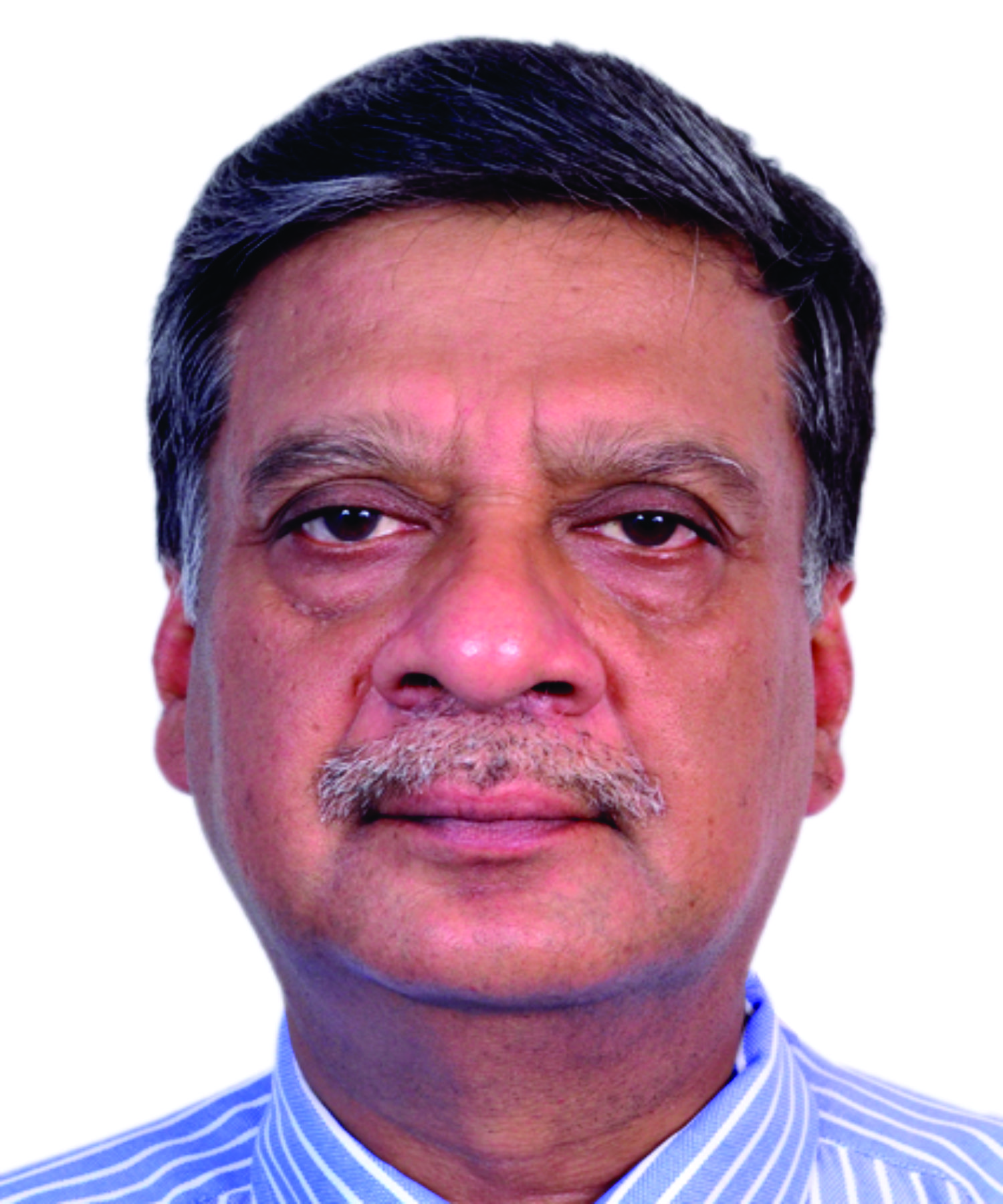

It’s a very informative video.Importance of Rehabilitation in post covid period is explained very well. Overall it’s a very nice video.